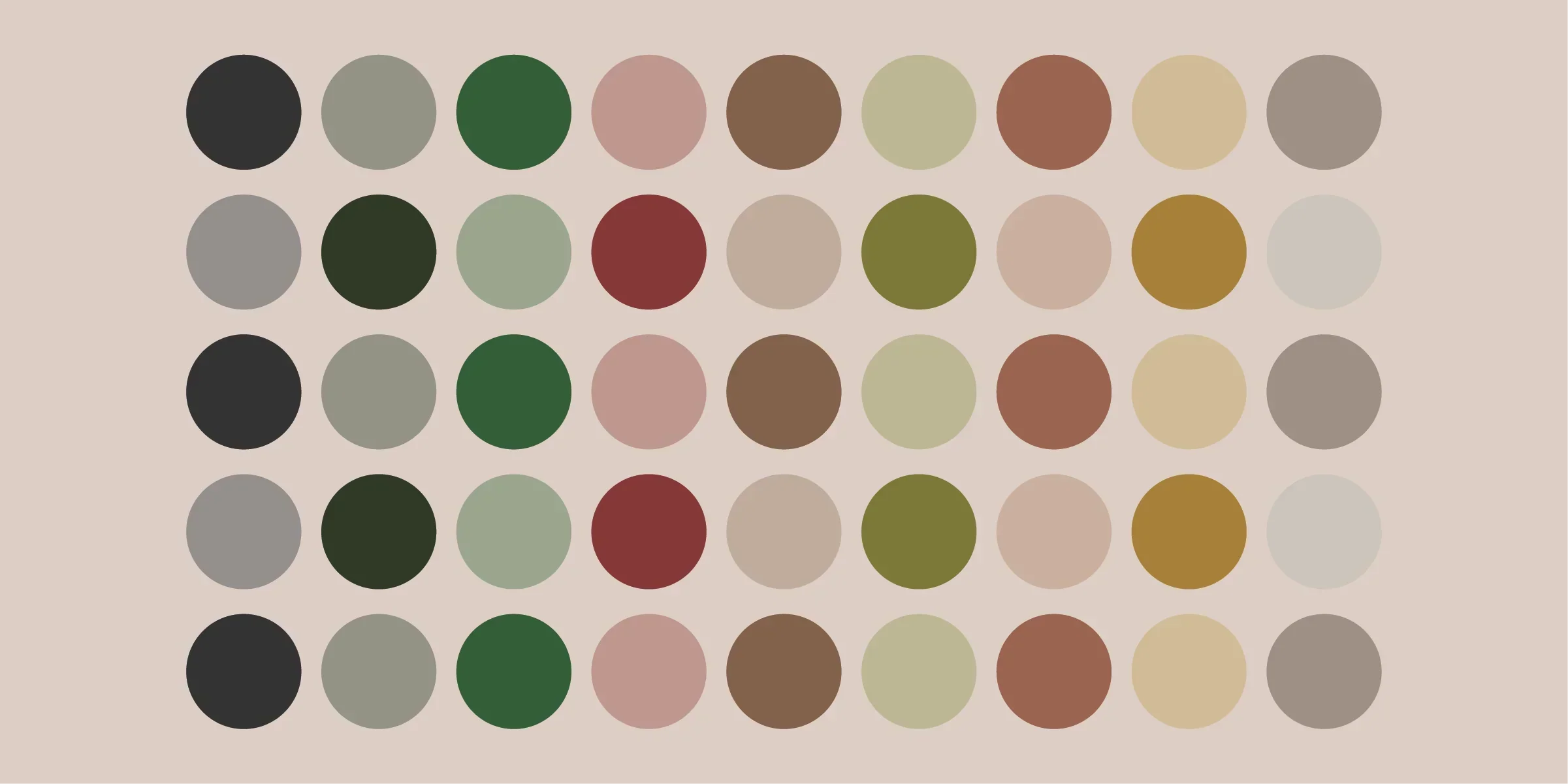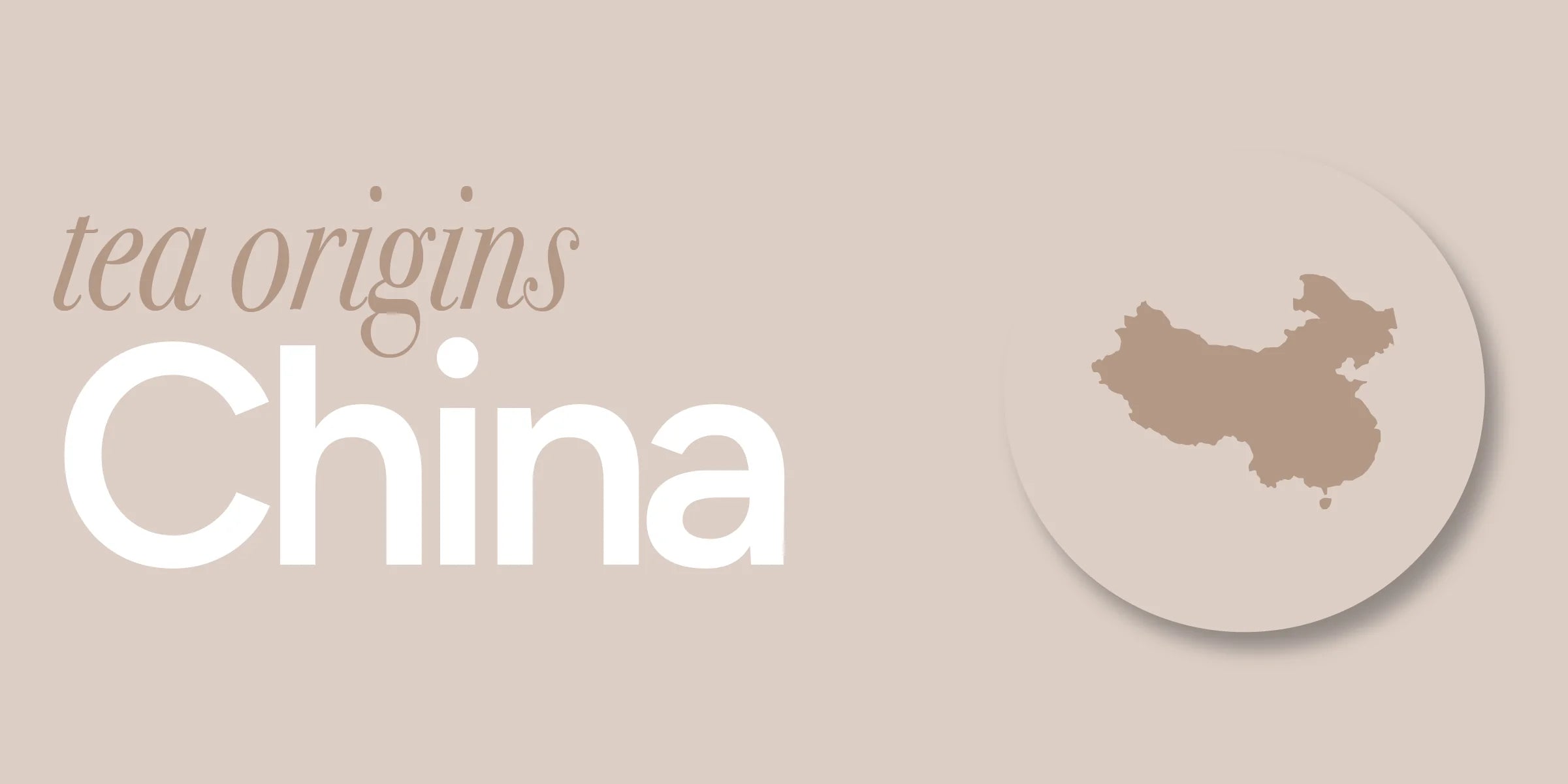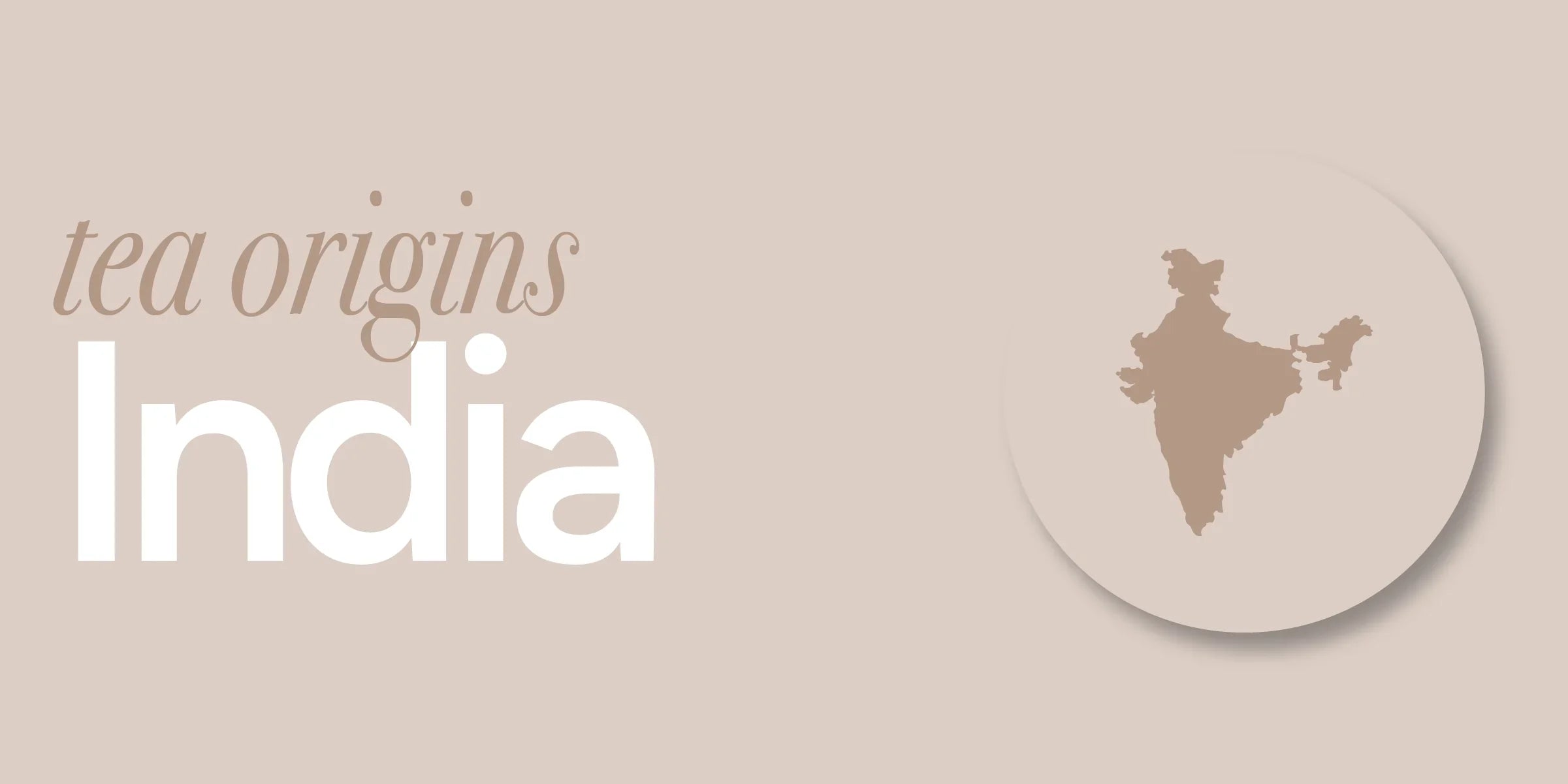We know that tea, whether black, green, or tisane, contains ingredients that promote good health. We also know that good health is impossible without good sleep. Let's take a look at some ingredients that promote good sleep.
Low-Caffeine Green Tea
The key to a good tea for sleep is making sure that it's low in caffeine. Low-caffeine green teas are known to reduce stress and promote a good night's sleep. Our collection of green teas is mostly low in caffeine.
Chamomile
Chamomile is an herb derived from the daisy-like flowers of the Asteraceae plant family. It contains apigenin, which is a sleep-promoting antioxidant. Chamomile boasts many other benefits, but sleep is the most popular.
Lavender
Some sleep studies show that lavender aromatherapy may help with insomnia. Infusing it in your tea may help calm and soothe you for bedtime.
Valerian Root
Valerian root (Valeriana officinalis) is a perennial tall flowering grassland plant native to Europe and Asia but also grown in the U.S. Some studies suggest that it may help reduce the amount of time it takes you to fall asleep and may help with better quality of sleep.
Hippocrates (460-370 BC), known as the "Father of Medicine," would prescribe it for insomnia dating back to the 2nd century. Galen, a Greek physician who Hippocrates highly influenced in the 16th century, would prescribe it for nervousness, trembling, headaches, and heart palpitations. But as respected as Hippocrates and Galen were in their fields, keep in mind that it was before the age of the modern medical era. So take their prescribing of Valerian root with a grain of salt. A second opinion after Hippocrates and Galen is probably a good idea, especially when judging against some of the 2nd-16th-century medical practices.
Since Valerian root may help to promote a better night's sleep, it's often included in tea along with other soothing ingredients. Try our Evening Peace and Quiet tea, which includes Valerian root to your nighttime relaxing routine. You may have noticed that some teas have several sleep-promoting ingredients, which is why they're listed under Chamomile and Lavender. Our Evening Peace and Quiet Tea has the most sleep-promoting ingredients. It has Valerian root, Chamomile, Lavender, and other ingredients. It's our most complete sleep-promoting tea.
Passionflower
Passionflower has been studied for its medicinal properties. It's usually packaged in herbal supplement capsules and is used as a natural supplement to relieve anxiety and support sleep. You can find passionflower in these teas.
How Much Tea Should I Drink?
The amount is a personal preference, but side effects are possible with some of these ingredients. Our recommendation is to drink them around 2 hours before bedtime. But check with a medical professional if you are considering using tea as any kind of medicine or supplement.
There are many options for whatever kind of tea drinker you are. If you like fruit flavors, green tea flavors, or herbal flavors there's something here for you to improve your bedtime routine.



















